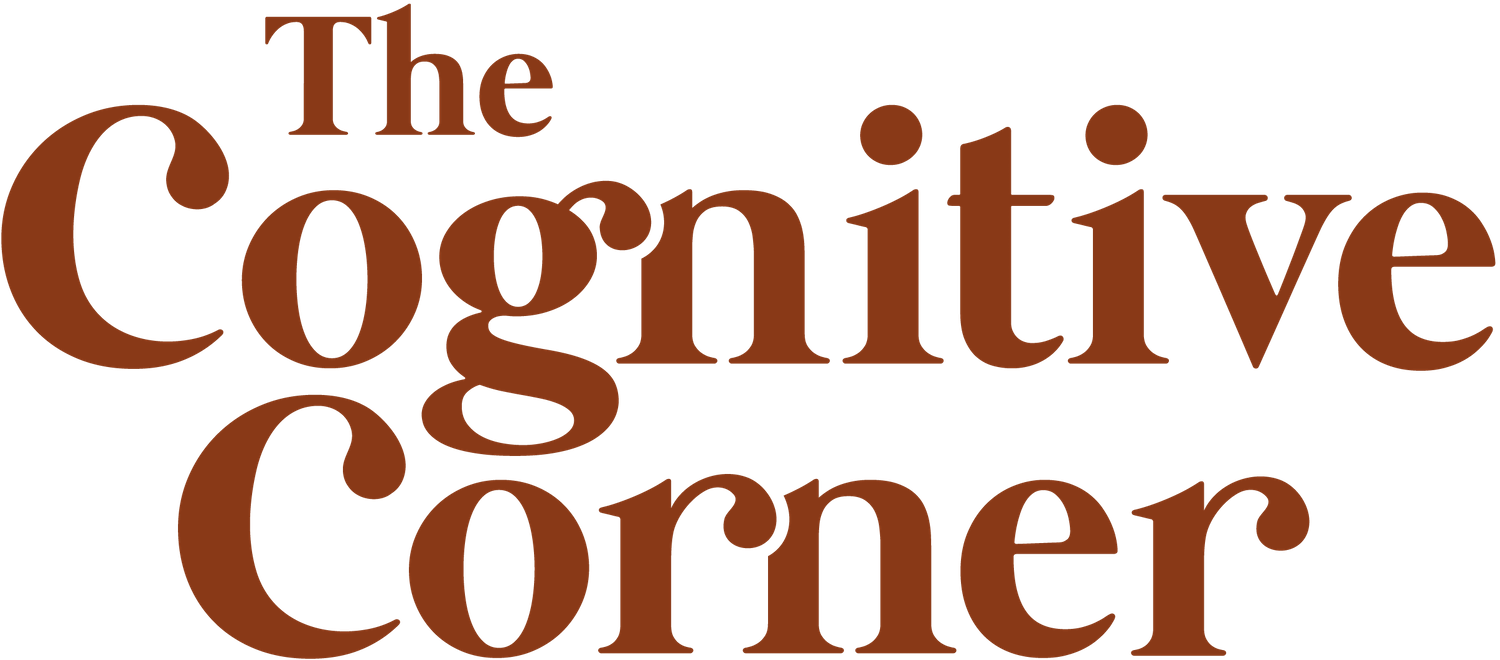CBT vs. DBT: Finding Which Therapy is Best for You
Introduction - What are CBT & DBT?
Cognitive Behavioural Therapy, more commonly known as CBT, and Dialectical Behavioural Therapy, known as DBT, are two popular modalities in the therapy field. Both are forms of psychotherapy that look at the interplay of cognitions and behaviour, but they differ in how they address these concepts. We recognize that psychology terms can be confusing, so here we aim to break it down in a more digestible way!
CBT: primarily focuses on addressing and changing unhelpful thought processes and behaviour patterns to be more productive through methods such as cognitive restructuring.
DBT: is a subcategory of CBT and also emphasizes how thoughts and behaviours impact each other. However, it stresses acceptance of negative thoughts and experiences as valid and teaches the client how to cope with them while making positive changes in their lives.
One analogy that might help you better understand is that CBT acts as an Umbrella, while DBT falls underneath that umbrella!
Keep reading to find out more about the similarities and differences between these two psychotherapies!
Key Characteristics – What are the Differences Between CBT vs. DBT:
Here is a breakdown on what makes these two modalities different:
CBT:
The “cognitive” in Cognitive Behavioural Therapy is defined as the mental processes and functions used to learn about and interact with our environment.
The goal of CBT is to change or break cycles and patterns of problematic behaviours and unhelpful thoughts by helping the client recognize, challenge, and change problematic cognitions and unlearn harmful behaviours.
There are many methods used in CBT, but some of the most prominent include exposure and response prevention (ERP), conditioning (e.g. reinforcement, learning, modelling), role-play, skills training, self-monitoring, and practicing mindfulness and problem-solving.
CBT is a broad therapy, (again, think umbrella) so it has subcategories of approaches that focus on different aspects, some of its subcategories are: DBT, Acceptance & Commitment Therapy (ACT), Mindfulness-Based Cognitive Therapy, and more.
DBT:
Dialectical means “the existence of opposites” which affirms DBT’s pillars of validation and acceptance (i.e. validating the client’s experience, accepting their thoughts as real but also offering another way to view their situation and experiences).
The goal of DBT is to treat emotional dysregulation, improve interpersonal relationships, and teach coping mechanisms through skill-building.
Methods used in DBT are phone crisis coaching, self-monitoring (e.g. journaling), group skills training, and individual coaching.
DBT is itself a subcategory of CBT and while it does not have any subcategories, it has four key modules that it attempts to build skills in: mindfulness, emotion regulation, interpersonal effectiveness, and distress tolerance.
Which Therapy is Best?
Both therapies are great options, however, it really depends on the person! Below is information about some of the benefits of each and what they are best used to treat:
Since DBT is based on CBT, they have a lot of overlapping benefits, many of which include relapse prevention. These modalities can help you develop relaxation techniques, mindfulness, stress-management and coping, problem solving, etc. They also have a lot of scientific research support, can be used to treat a wide array of mental health issues, and can be used in combination with other treatments (like medication or other therapies).
DBT can also offer additional social support from group classes and the interpersonal effectiveness skills training can help strengthen existing social support systems. Social support is a huge part of mental and even physical wellbeing that can help improve the quality of our lives!
CBT is best used for treating the following disorders: anxiety disorders, mood disorders, eating disorders, substance abuse disorders, and can be applied to treating a lot of psychological problems.
DBT was specifically developed to treat Borderline Personality Disorder, due to its effects on emotional dysregulation, but has also been shown to help those with eating disorders (specifically bulimia nervosa or binge-eating disorder), anxiety disorders, mood disorders, substance-use disorders, relationship issues, and suicidal ideation or self-harm.
It’s important to remember that not everyone is ready for change! DBT also works best for those in the contemplation or preparation stages of change where they have realized a need for change in their lives or have already started taking the beginning steps towards progress.
Another thing to keep in mind is that, while group-skills training is not used by all therapists that specialize in DBT, clients using this therapy should be comfortable working in group settings.
Conclusion
CBT and DBT are both useful psychotherapies and while have some overlap, have key differences as well. These differences are in the methods that are used to help clients, what type of clients would likely benefit, and different goals! Also remember that if neither of these modalities feel like a good fit for you, that’s okay too! There are many different modalities out there, and we recommend you do some research to help you find which types of therapy might be a good fit for you!
Want to learn more about other modalities? Check out TCC’s blog post on EMDR.
If you have additional questions or want to explore other modalities, book a free 15-minute phone consultation with one of TCC’s therapists today!
Resources:
American Psychological Association. (n.d.). Cognitive behavioral therapy (CBT). https://www.apa.org/ptsd-guideline/patients-and-families/cognitive-behavioral
Centre for Addiction and Mental Health. (n.d.). Dialectical behaviour therapy. https://www.camh.ca/en/health-info/mental-illness-and-addiction-index/dialectical-behaviour-therapy
Cleveland Clinic. (n.d.). Dialectical behavior therapy (DBT). https://my.clevelandclinic.org/health/treatments/22838-dialectical-behavior-therapy-dbt
Comer, R. J., & Comer, J. (2022). Fundamentals of abnormal psychology (10th ed.). New York: NY Worth Publishers.
Harvard Health Publishing. (2024, January 23). Dialectical behavior therapy: What is it and who can it help? https://www.health.harvard.edu/blog/dialectical-behavior-therapy-what-is-it-and-who-can-it-help-202401223009
Jones, H. (2022, October 15). Dialectical behavior therapy vs. cognitive behavioral therapy: Uses, benefits, side effects, and more. Verywell Health. https://www.verywellhealth.com/dialectical-behavior-therapy-vs-cognitive-behavioral-therapy-uses-benefits-side-effects-and-more-5323767
Mayo Clinic Staff. (n.d.). Cognitive behavioral therapy. Mayo Clinic. https://www.mayoclinic.org/tests-procedures/cognitive-behavioral-therapy/about/pac-20384610



